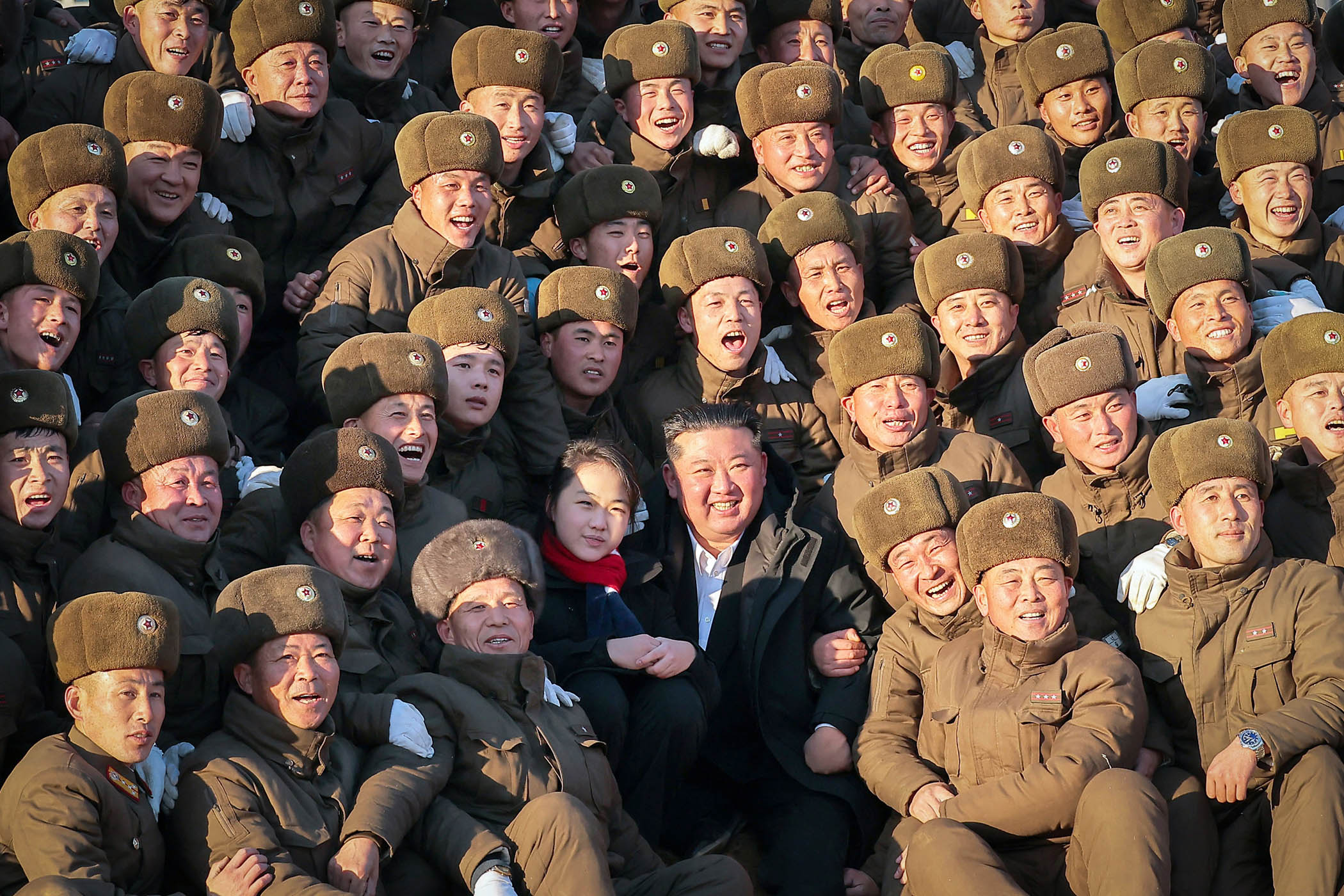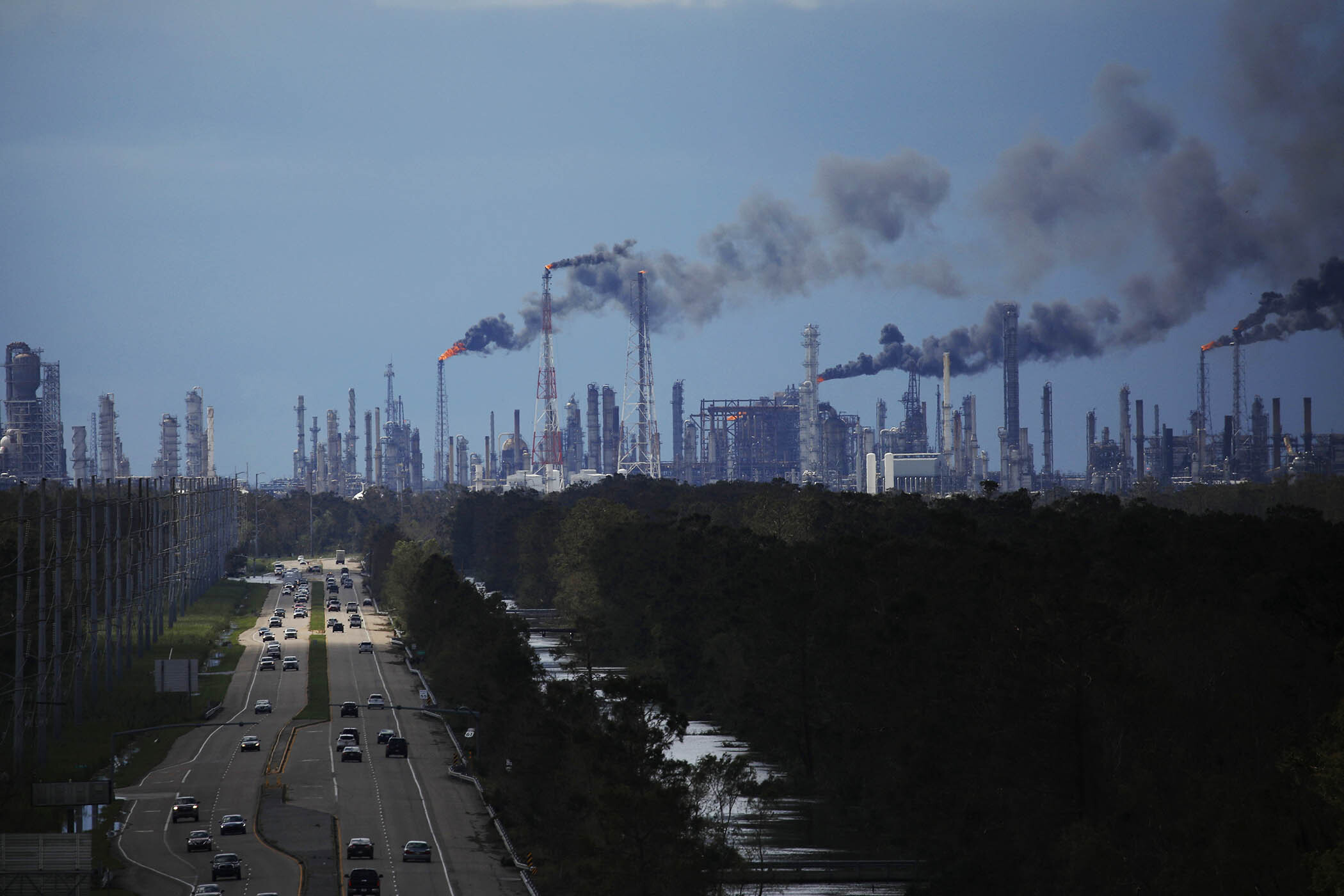Canadians woke up the morning after our election to discover that the country was global news. The election winner, Mark Carney, had imposed retaliatory tariffs and he had been one of the rare western leaders to publicly rebuke the US president. His victory in last Monday’s election vaulted our country into the frontline of global resistance to the Trump revolution.
What’s happened in the Canadian election is a demonstration of the physics of politics. For every action, there will be an equal and opposite reaction. American nationalism has triggered a volcanic eruption of Canadian nationalism.
Donald Trump made the mistake of turning his nationalist economic policy into a campaign of insult. He told Canadians we were ripping off the US and free riding on its military. We should throw in the towel and become the 51st state. From that moment on, in the Canadian election, there was only one question on the ballot: who was best placed to fight back.
Historian Timothy Garton Ash heralds Carney’s win as the rebirth of a liberal international. Former US allies in Europe and around the world can now team up together, under Carney’s leadership, to stand up for liberal democracy at home and an open international economy and a rules-based liberal order.
Carney’s vision is darker. He understands that the rules-based international order was in ruins long before Trump appeared on the scene, and the nationalist and protectionist turn in the US was already under way in the mercantilist policies of the Biden administration.
So even if the Democrats regain the White House in the wreckage of the Trump revolution, we’re not heading back to the old world, but to a new world of nation states protecting their economies against all comers. In this new world, liberal democracies pretend to be coming together, while still competing to cut deals with Trump. There is a queue of government government supplicants in Washington, each courting the erratic king.
There was only one question for voters: who was best placed to fight back?
There was only one question for voters: who was best placed to fight back?
It’s every country for itself, with Britain holding back on counter-tariffs to salvage its tattered “special relationship” and France trying to remind the US of their revolutionary friendship in 1776, while Australia avoids retaliatory action to keep both the US and China on side.
Canada is a lonely exception in its commitment to retaliatory tariffs, and it’s in uneasy company with China, which believes it can outlast the Trump onslaught. When Canada hosts the G7 in June, Carney will have his work cut out preventing his partners trying to get Trump into a side room to cut their own trade deal.
When Carney journeys to Washington this week, he will take care to avoid the staged humiliation that met Volodymyr Zelensky and he will insist that he is in the White House for a negotiation, not a shakedown. While Canada’s economy is a 10th of the size of the US one, he goes into the room with real cards to play.
Carney is gambling that with Trump you can bargain hard and win. It’s a huge, calculated risk, but if he does win, he wins for everyone who wants a world where nations hold onto their economic sovereignty, safe from incontinent and erratic American bullying. Trump pretends the US needs nothing from Canada. He pretends the same about Europe and about Britain. He’s wrong in both cases. Negotiations, if they are possible at all, are an opportunity for Carney to deploy the leverage Canada already possesses.
Newsletters
Choose the newsletters you want to receive
View more
For information about how The Observer protects your data, read our Privacy Policy
US farmers need Canadian potash for fertiliser. US carmakers need Canadian parts for their autos and trucks. US refineries need Canadian crude. US cities on the east coast need Quebec’s electric power to keep the lights on. US homes need Canadian water. Beyond pointing this out to Trump himself, Canadian politicians need to fan out and get this message across to Trump’s voter base.
The conventional wisdom is that Carney won because of his record as an international crisis manager: governor of the Bank of Canada during the 2008 financial meltdown and governor of the Bank of England in the chaos after Brexit in 2016.
His victory is also a rare example of a political novice wrong-footing a political professional. Carney threw his hat into the ring only in January but displayed a surer grasp of what Canadians needed to hear than his Conservative rival, Pierre Poilievre, a lifelong political attack dog.
As prime minister, Carney imposed counter-tariffs, told the country that free trade globalisation under benign American hegemony was over and declared that the country was not for sale and would never become the 51st state.
This message resonated with the angry patriotism of the public and pulled in votes across the political spectrum. From 20 points back in January, he pulled the party 2 points ahead and secured himself a mandate to confront Trump head-on.
As an ex-central banker, Carney is well placed to remind Trump that the US itself is vulnerable. Trump knows that his “liberation day” triggered a disorderly sell-off in the near-$30tn US treasury market.
It’s slowly dawning on Trump that attacking his neighbours and allies risks damaging the US economy and his hold on the US electorate. Nothing speaks to the president more eloquently than slumping markets and falling approval ratings. Far from being helpless bystanders of a president on the rampage, western leaders have cards to play, and they must play hard to win. Carney can show them how.
Michael Ignatieff is a former leader of the Liberal party of Canada and a historian and writer


